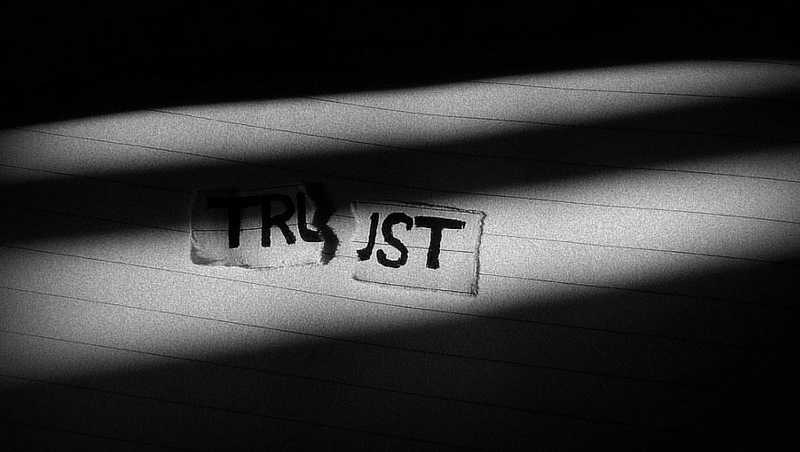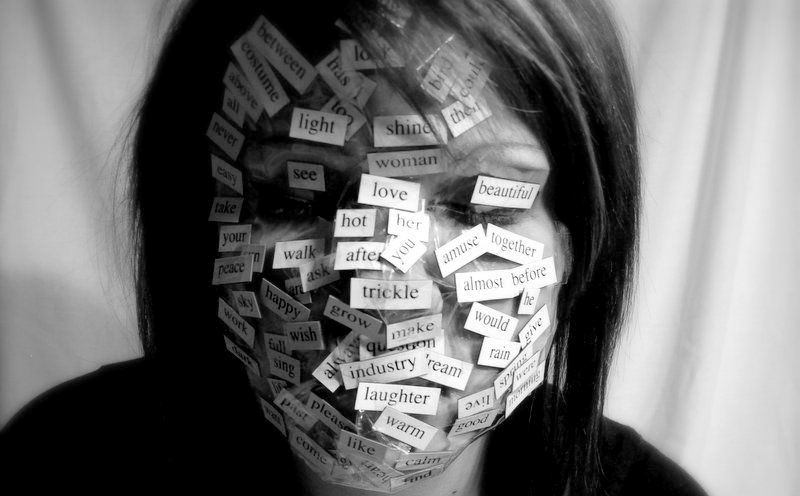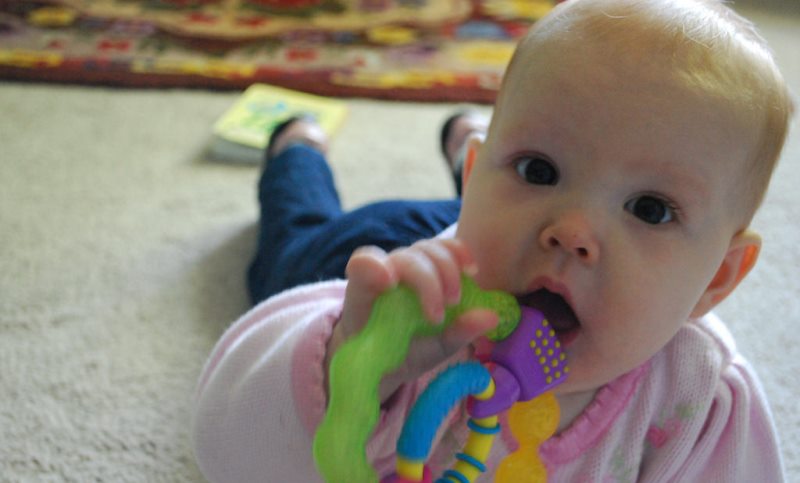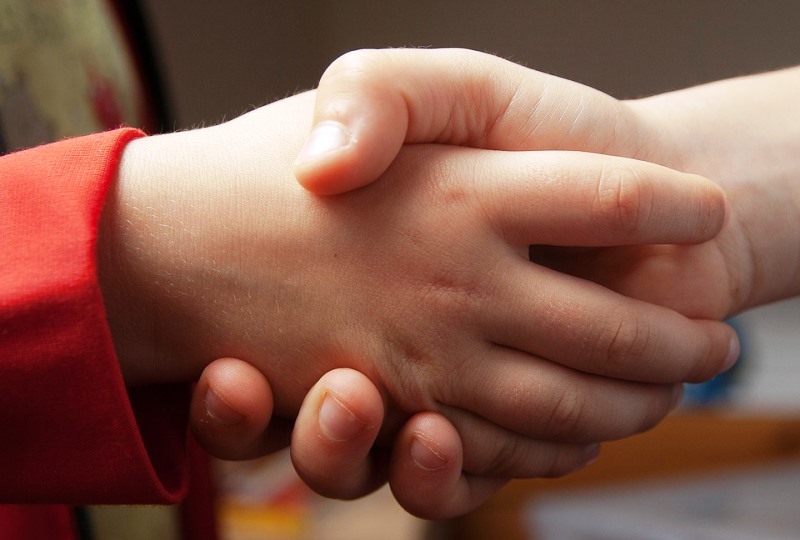In yesterday’s post, we spoke about what is emotional abuse. From our discussion, the points we gathered are as follows:
- Emotional abuse involves verbal assault
- Emotional abuse involves hypercriticism
- Emotional abuse is an act of verbal assault
- The emotional abusive partner humiliates the other partner
- The abused partner feels intimidated
- The abused partner is made to feel guilty constantly
- The abused partner loses all sense of identity, dignity as well as self-worth

Image source: Google, copyright-free image, under Creative Commons License
We also discussed that emotional abuse is not gender-specific. In 40 per cent of the cases, men are the victims of such abuse. Though emotional abuse is difficult to detect, we realized that there are many warning signs that one can spot if one looks closely. The loudest of these signs where,
- The abusive partner is hypercritical of the other partner
- They completely disregard the abused partner’s opinions.
- They do not show any compassion or empathy toward the abused partner.
- They are likely to cheat on the abused partner or threaten to cheat.
- The finances of the abused partner are regulated by the abusive partner.
- The abused partner is alienated from his or her family and friends.
- The abusive partner might threaten to commit suicide.
- The abusive partner is likely to withheld sex and use sex as a weapon of abuse.
Today, we are going to talk about the effects of emotional abuse. Emotional abuse in relationships is rampant. Emotionally abusive behavior is defined as an act of intentionally hurting the other’s feelings. In every relationship, this can happen at one point or the other, and that is why we need to first separate emotionally abusive behavior from an emotionally abusive relationship.
Suggested read: Everything You Need To Know About Emotional Abuse
Control and the extent of this control separates an emotionally abusive relationship from an occasional emotionally abusive behavior. In the former, control is wielded in the following manner:
- Discouraging the partner constantly
- Undermining the partner’s worthiness
- Deflating the partner’s growth
- Lowering the partner’s trust
- Gaslighting or making the partner feel unbalanced
- Constant manipulation
Though verbal abuse is one of the ways of emotionally abusing someone, but there are subtler ways of directing such psychological abuse toward a partner in a relationship. There can be sarcasm, some mumblings, and also some body languages that can be used to forward abuse. Some of these are rolling one’s eyes, or using a graver tone of voice, turning a cold shoulder, slamming the door, stonewalling or even banging and breaking the dishes. Emotional abuse can be directed at someone in a plethora of ways.
Effects of being emotionally abused
According to HealthyPlace,
“The effects of physical abuse are obvious – a black eye, a cut or a bruise – but the effects of emotional abuse may be harder to spot. Emotionally abusive husbands or wives can affect mood, sex drive, work, school and other areas of life. Make no mistake about it; the effects of emotional abuse can be just as severe as those from physical abuse.
And perhaps even worse is the fact that victims of emotional abuse tend to blame themselves and minimize their abuse, saying that it was “only” emotional and “at least he/she didn’t hit me.” But minimizing adult emotional abuse won’t help and it won’t hide its devastating effects.”
Here are the effects that emotional abuse has on the abused partner:
1. Feeling of distrust

Image source: Flickr
An emotionally abused person finds it difficult to trust another person. Also the level of enthusiasm they feel is lowered by the experience of abuse. They are unlikely to be excited about what the future holds for them, as it all looks gloomy and full of fear.
Also, the emotionally abused will not be spontaneous in his or her responses as he or she constantly thinks the abuser is watching them, even after they have ended the relationship.
2. Always in an on-guard state
A person with an experience of emotional abuse cannot relax. He or she is constantly alert, and it takes a long time for this symptom to go away. One has to relearn how to relax and trust people around.
3. Worries about how they are being seen by others

Image source: Google, copyright-free image, under Creative Commons License
An emotionally abused person thinks they are unworthy of love. This is because the abuser has implanted this idea of unworthiness in their head. So the abused constantly wonders and worries about how they are coming across to other people. They are anxious about other people’s interpretation of them.
4. Always thinks something is wrong with them
This is because of all the gaslighting they have been subjected to at the hands of the abuser. They are likely to think they are emotionally unbalanced or disturbed. They think all the problems in their life is their fault alone. They think no one can or should love them for who they are.
5. Becomes very critical of oneself

Image source: Flickr
This is an extension of the previous points. Since the person thinks he or she is unworthy of love or appreciation and that they are responsible for every problem, they become very critical of themselves. The abused cannot separate his or her internal voice from the abuser’s criticism; they blend to become one scary voice that constantly reminds the abused that he or she is useless.
Suggested read: #MaybeHeDoesntHitYou Sheds Light On The Dark Reality Of Emotional Abuse
6. Panic attacks and anxiety
An emotionally abused person is likely to develop an anxiety disorder. The anxiety is at times related to the feeling of worthlessness, and at others, the fear that he or she might be going cuckoo. That is why the abused needs to distance himself or herself from the abuser and the abusive relationship to see clearly that they only one who is cuckoo is the abuser.
According to Madeleine M Castellenos, MD,
“When a person is emotionally abusive by being domineering or exerting control, they usual engage in behaviors meant to restrict a person – making sure they only wear certain clothing, control where they go, who they speak to. This can subtly take the form of constantly needing to check in by phone or text, or making a person accountable for all their time during hours separate from the partner. Oftentimes, a person finds themselves trying to provide evidence to support their whereabouts to prevent their partner from becoming angry with them. It can also take the form of controlling all the household finances or decisions and devaluing a person’s opinions. All this creates an environment of tension and anxiety.”
7. Always wishes he or she were not as sensitive as they are

Image source: Google, copyright-free image, under Creative Commons License
The abused partner is most likely to overreact to someone’s words because they always feel stinging. As a result, the person cuts off contact with others in order to feel more safe, which is exactly what the abuser would want the abused to do. What the abused does not realize is that he r she is with a person who can cause the maximum damage to them.
8. Cannot imagine having a future romantic relationship
Since the person feels unlovable, they do not want to have a romantic relationship with someone. Moreover, after going through such a traumatic experience of emotional abuse, the abused person finds it difficult to trust another romantic partner.
Emotional abuse psychological harms the person who goes through it. Emotional abuse, in most cases, is cyclical, where an episode of violent outburst is typically followed by a honeymoon phase of attention and affection. This phase ends with another violent outburst.
This pattern is followed by physical abuse too, but in case of emotional abuse, a violent outburst isn’t the only way to exploit someone. Even during the honeymoon phase, the abuser can continue with his or her subtler tools of exploitation such as isolating the person from his or her family and friends, going on reminding the abused that they are like a kid and cannot take care of themselves, etc. What makes emotional abuse devastating is that the abused always feels guilty about the abuse, when it should be the other way round.
The abused feels that it is all their fault. The abuser manipulates the abused to believe this. If and When your partner hits you, you can easily detect that this is physical abuse and that you are not the one who is guilty here. But in case of emotional abuse, your partner will constantly blame you saying, “You are not a good parent,” or “You are ugly” or “You are dumb” etc. which over a period of time starts feeling like the truth to you. And so, you start believing that the problem lies with you.
Suggested read: 20 Definite Signs Of Emotional Abuse In A Relationship
Emotional abuse is also likely to feel more personal because the abused feels the whole abuse is about you as a person. That is more hurtful, and that is why if you are in an emotionally abusive relationship, then you need to end it right now.
That is all we have on today’s post on effects of being emotional abused. Did you find this helpful? Do you have any suggestions and/or questions for our experts? If yes, then let us know in the comment section below.
To receive our daily newsletters in your inbox, subscribe today!
See you again tomorrow.
Featured image source: Google, copyright-free image, under Creative Commons License













